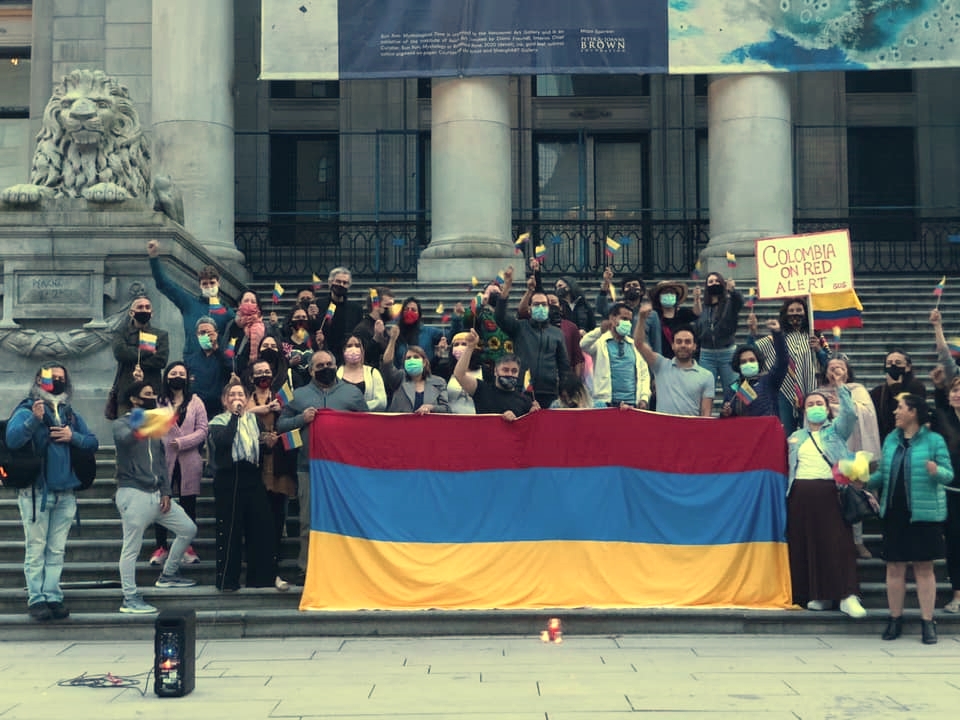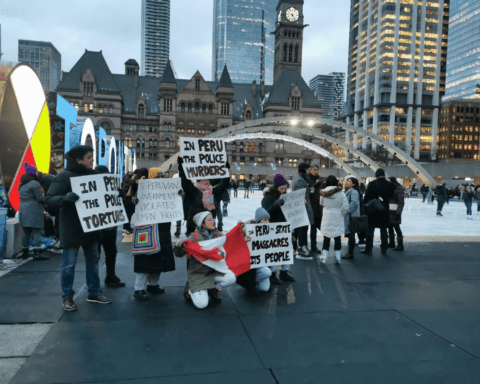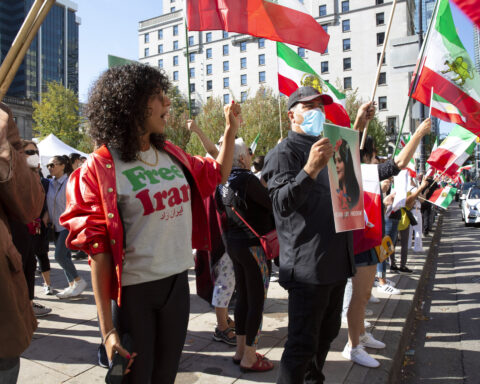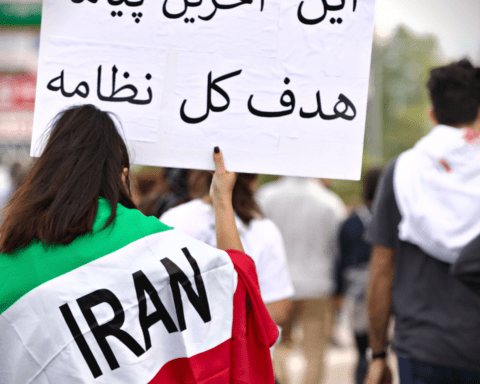Though it began with people protesting and quashing a new tax reform — La ley de reforma tributaria — demonstrations in Colombia continue more than a month later as people refuse to go back to ‘business as usual’ while demanding a better life for all Colombians.
The protests that started on April 28 were sparked by President Ivan Duque’s announcement of the new law, which, critics say, would have raised taxes on already struggling middle-class and poor Colombians. But historical social ills like poverty and deeply rooted inequality have maintained people returning to the streets despite violent police repression.
To date, official government reports state 17 people have died, though the human rights NGO Temblores has reported 43 people killed so far.
In recent weeks, much of the world’s attention shifted, with reason, to the most recent spate of violence with Israel in the middle east. But Colombian-Canadians have not had the luxury of looking away, as their minds and hearts continue to be consumed by a crisis they say was a long time coming.
Historic violence
For the last four weeks, Adriana Contreras, an artist, has been following the protests in her native Colombia from her home in Vancouver. When asked about the reasons for the current demonstrations, she says “there are so many,” adding that the discontent had been brewing even before 2020.
“Before the pandemic started, in November 2019, there were already many people who were taking to the streets to protest the inequality that existed, the lack of opportunities,” she told NCM. “Everything is unattainable. People work all the time and they cannot even access the most basic services.”
Contreras moved to Canada with her parents and siblings over two decades ago, when she was just 15, leaving friends and family behind. For the last few weeks, she has been communicating with them and with others around the world.
One of their main concerns has been the extreme police violence against protestors, something Contreras considers a legacy of Colombia’s internal armed conflict between right-wing government forces and the Fuerzas Armadas Revolucionarias de Colombia-Ejército del Pueblo (FARC-People’s Army).
Jorge Salazar, a community worker and activist at a Vancouver non-profit, came to Canada with his family 20 years ago as a refugee. Like Contreras, he sees the current violence rooted in Colombia’s political past, which has been historically dominated by right-wing or extreme-right governments.
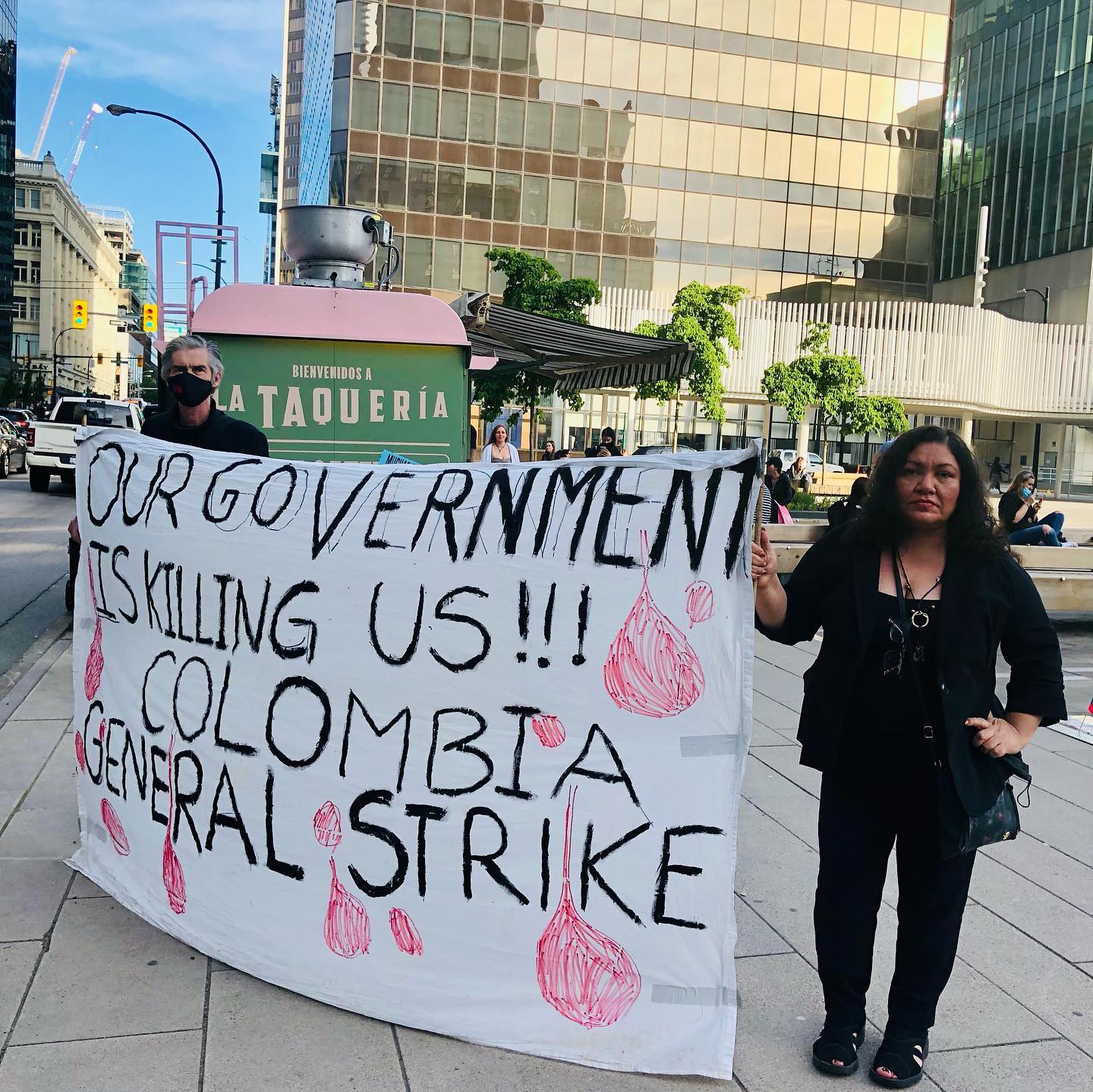
“Colombia has never seen a progressive government,” Salazar explained. “The [choice] has always been between the right and the ultra-far right” governments which have created a “school of violence” reflected in the current violent police response and lack of governmental accountability.
“In Colombia, until a few days ago, we had 43 dead within a month from a massacre committed by the state, and not a single army general has resigned, much less the president,” he said.
A recent New York Times visual investigation has corroborated the pattern of violence by police forces against the protesters Contreras and Salazar referred to.
Solidarity from the North
About a year ago, Nadia Revelo was moved to action after learning about a string of massacres targeting community leaders and human rights activists in her home country of Colombia. She has been supporting different causes in that country from Vancouver ever since.
A nurse by training and currently working as a health coordinator at a Vancouver multicultural health co-op, Revelo has been organizing weekly events through the “Colombianos in Vancouver” Facebook group to raise awareness about the protests.
Despite the struggles she saw her country going through, Revelo says at first, their campaign “had nothing to do with the paro (national strike).”
“But we never imagined that (it) would take on the dimensions that it has already taken,” she said in an interview.
A hopeful future
Contreras, Salazar, and Revelo all have complex feelings about seeing from afar the deep-seated economic inequalities, the recent protests and the brutal response by the police.
Revelo says it’s painful to be living outside Colombia “and seeing everything that’s happening” while being able to do “absolutely nothing.”
“And where do you put that pain? And how do you handle it?” she asks.
For her part, Revelo has learned to channel that pain into action by organizing the weekly protests and working with other activists in the Vancouver Colombian community.
“It’s the least we can do,” she said. “And we all must do something.”
Contreras agreed, saying that while she was “very afraid…(that) the repression is going to get worse and we will continue to lose people to the extreme violence,” she remained “hopeful” for the future.
“I’m more hopeful, because these weeks have demonstrated an incredible political awakening and a desire for change, which many hope will be reflected in the 2022 elections,” she said.
Salazar shares those uneasy feelings, which he calls “a strange pain.”
“It’s between a mixture of privilege and selfish sadness,” he said. “It is, as they say in English, ‘survivor guilt,’ because you know that you are in a much more privileged position.”
But, like Revelo and Contreras, he said the strength of the demonstrations have left him feeling “very proud and with a lot of hope” for the future of his native Colombia – a nation which, as he said, “has suffered for many years.”
French Editor - Born in Venezuela, Andreina Romero is a freelance writer with New Canadian Media. Prior to writing for New Canadian Media, Andreina was a bilingual contributor at The Source Newspaper, also known in French as La Source, an intercultural newspaper in Vancouver. She is also the creator and host of the podcast Girls Talk About Music and Wigs and Candles which explore music and period films from a uniquely female and Latin American lens. In 2020, Romero also co-founded Identity Pages, a youth writing mentorship program.

